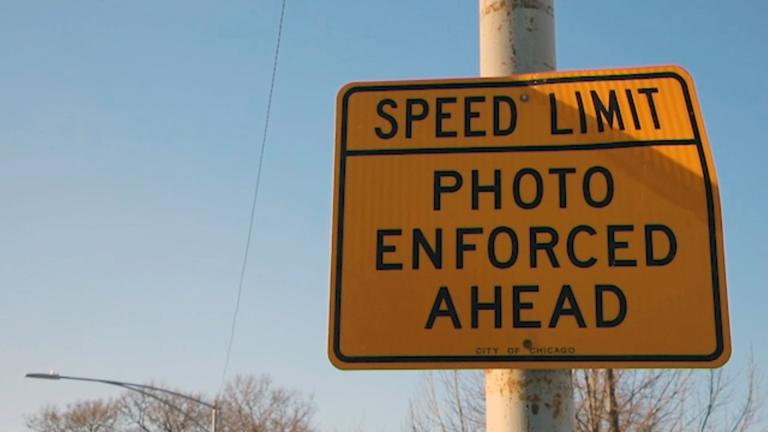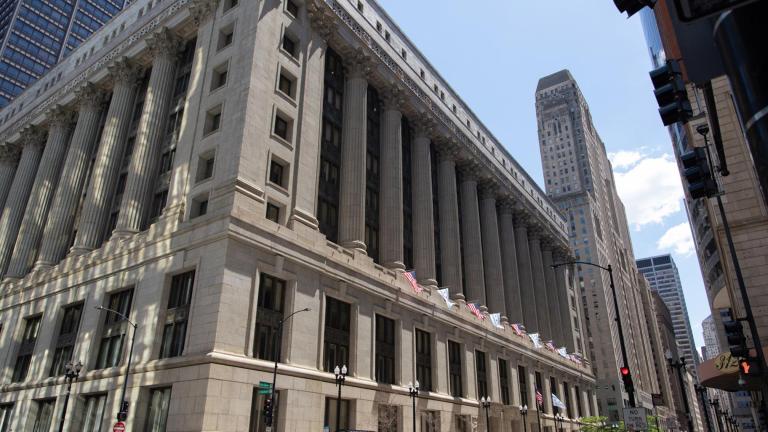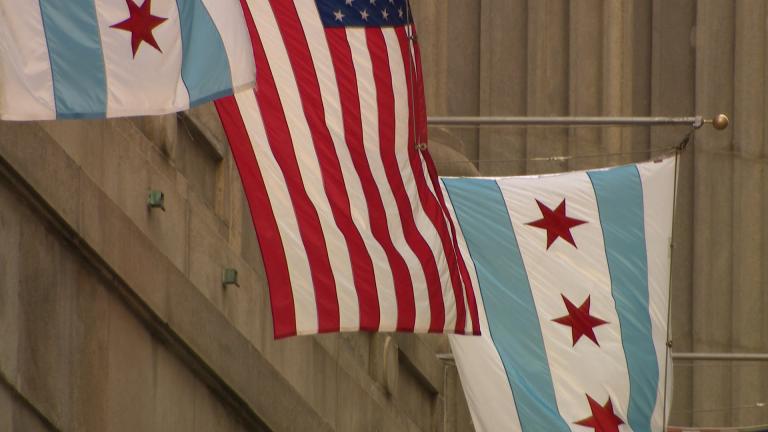With the Chicago City Council and Mayor Lori Lightfoot ignoring pleas to create an independent commission to redraw the boundaries of Chicago’s 50 wards, a coalition of groups announced Tuesday their picks for a commission that will craft its own map.
The 13-member Chicago Ward Advisory Redistricting Commission will draw a ward map “that is truly reflective of the diversity of Chicago,” said Roberto Valdez, the senior external affairs for the Latino Policy Forum, who helped select the commission members.
But leaders of the effort told reporters that they did not have firm commitments from any aldermen to give up their power to draw the ward map and potentially consolidate their power and punish their enemies.
At least 10 aldermen must reject the map crafted by aldermen to trigger a referendum that would put the competing maps up to a vote, officials said.
For decades, Chicago’s ward map has been redrawn behind closed doors every 10 years based on the most recent U.S. Census. Each ward must have approximately 54,000 residents, and pass muster with courts charged with ensuring Black and Latino Chicagoans can exercise their political power.
The commission will “create a new path forward,” said Madeleine Doubek, a former journalist and executive director of Change Illinois, which joined forces with some of Chicago’s most prominent civic organizations, including Common Cause Illinois, the League of Women Voters of Chicago, the Latino Policy Forum, the Metropolitan Planning Council, Rainbow PUSH and Asian Americans Advancing Justice-Chicago on the initiative.
The members of the commission are Apriel Campbell, of North Lawndale, Deborah Williams, of Austin, Alejandro Olazaba, of Archer Heights, Chris Kanich, of Bridgeport, Lyzeth Mondragon, of West Elsdon, Alyssa Rodriguez, of Bridgeport, Rory Gilchrist, of Lincoln Square, Ahmed Khan, of West Ridge, Jonathan VanderBrug, of Irving Park, Debbie Liu and Sravan Suryadevara, of the Near South Side, Allen Linton II, of Woodlawn and Mike Strode, of South Deering.
Seven members of the commission are men, while six are women and one is non-binary, officials said. Four members are African American, three are Latino, three are Asian American and three are white, officials said. Commission members also represent geographic diversity, hailing from all parts of the city.
Approximately 374 people applied to join the commission, and 42 semifinalists were interviewed before being selected to serve on the commission. Commission members will get training, work with Jowei Chen, an associate professor at the University of Michigan, and will be eligible for a $5,000 stipend once their work is completed, officials said.
“The sheer number of applicants from every corner of Chicago shows that people throughout the city are eager to have a say in how their neighborhoods and ward boundaries are shaped,” said Chaundra Van Dyk, of Change Illinois. said. “We have an incredible opportunity to change the culture of Chicago.”
The commission will have to work on an accelerated timeline, since the results of the 2020 Census — delayed by the COVID-19 pandemic and legal challenges brought by former President Donald Trump — will not be available until September, months later than scheduled.
The deadline to trigger a special election on ward maps is Dec. 1.
An effort led by the City Council’s Black Caucus to change the threshold needed to approve the maps from 41 votes to 34 votes, or a two-thirds majority vote, fell short during the final days of the General Assembly.
Mayor Lori Lightfoot said she had nothing to do with the push to lower the number of votes needed to pass a map through the City Council, noting that she won every ward in Chicago during the 2019 mayoral race.
Black Caucus Chair Ald. Jason Ervin (28th Ward) said a two-thirds majority vote was most appropriate to pass new maps that protect the voting power of Black and Latino Chicagoans.
“No one is looking to cut people in or cut people out,” Ervin said. “But we need to get to work and start sharpening our pencils.”
Ervin said aldermen should begin crafting a map immediately with data from the American Community Survey. State lawmakers used that data to draw new maps for the Illinois House and Senate, along with the Illinois Supreme Court and the Cook County Board of Review that Gov. J.B. Pritzker signed into law.
Republicans and several groups pushing for independent maps, including Change Illinois and Common Cause, blasted those maps as unfair because they said they are based on faulty data and drawn without robust input from state residents.
State law requires Chicago wards to be “nearly equal as practicable” while being as “contiguous” and “compact” as possible.
The Chicago ward remapping effort is expected to be especially fraught this year, since indicted Ald. Ed Burke (14th Ward) — who led the remap during the tenures of former Mayors Richard M. Daley and Rahm Emanuel — has been sidelined since being charged in a sweeping corruption indictment. He has pleaded not guilty and is awaiting trial.
In addition, many close observers of the census are concerned that attempts by former President Donald Trump to use it to identify and deport undocumented immigrants means that the results will severely underrepresent Latino Chicagoans.
While Chicago’s Latino population has been growing, the city’s Black population has been declining, which could reduce the number of wards in which the majority of the population is Black and reduce African American political power in the city. Black aldermen now represent 18 wards, while the Latino Caucus has 23 members. Ald. Raymond Lopez (15th Ward) left the caucus in 2019.
During the 2019 campaign for mayor, and after she took office, Lightfoot said an independent commission should redraw the map.
However, Lightfoot has declined to endorse plans to craft an independent commission since taking office.
The City Council’s Latino Caucus in January rejected a call to charge an independent commission with redrawing the boundaries of Chicago’s 50 wards, saying aldermen are best equipped to ensure that the new map is equitable.
Contact Heather Cherone: @HeatherCherone | (773) 569-1863 | [email protected]








